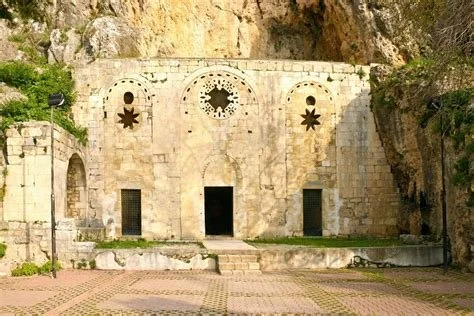Throughout the Book of Revelation, Satan is depicted as an already defeated foe, who, in a final act of desperation, wages war on the people of God. In certain instances, we read of Satan empowering the Beast to persecute Christ’s church using the full power of the state and the point of the sword. But in other instances, Satan takes a much more subtle approach. As the father of lies, Satan is not only the persecutor of the church, he is also the seducer of the church. In the Book of Revelation we not only read of the Beast who makes war upon the saints, we also read of the harlot, who seduces the peoples of the earth. Like the church in Smyrna, the church in Pergamum faces intense persecution from the God-hating Roman empire. But the church in Pergamum also faces an enemy from within, a seductress who entices God’s people to commit spiritual adultery.
When we come to Christ’s third letter to the churches of Asia Minor, our Lord’s letter to the church in Pergamum, it is important to recall that each of these seven letters are part of a larger vision which began in Revelation 1:12 with John’s description of the resurrected Christ. When John is granted the privilege of seeing Jesus in his post-resurrection glory, he attempts to describe what he sees. But words obviously fail him. John describes the struggle between Jesus Christ and his ancient foe, the devil, using apocalyptic language in which words are used are symbols to point to the “story behind the story,” namely, Jesus Christ’s certain victory over Satan and all of those allied with him.
No longer depicted as a bruised reed, the Jesus of the Book of Revelation is the Almighty, the Alpha and the Omega, the First and the Last, the one who was dead but who is now alive forever more. Jesus is the great high priest who not only purchases us with his own blood but who also makes us to be a kingdom of priests (Revelation 1:5). In this book, Jesus is God’s final prophet, as Jesus speaks to us about the course of this present evil age which is the great tribulation, that final period of human history, depicted throughout the New Testament as the “last days.” In the Book of Revelation, Jesus is described as God’s all-powerful king.
To read the rest, follow the link below
Read More



















